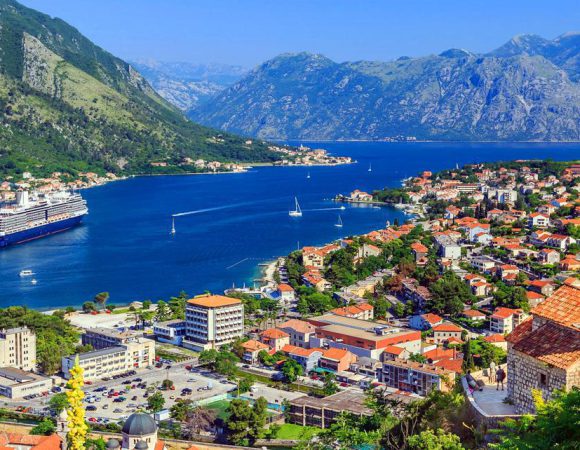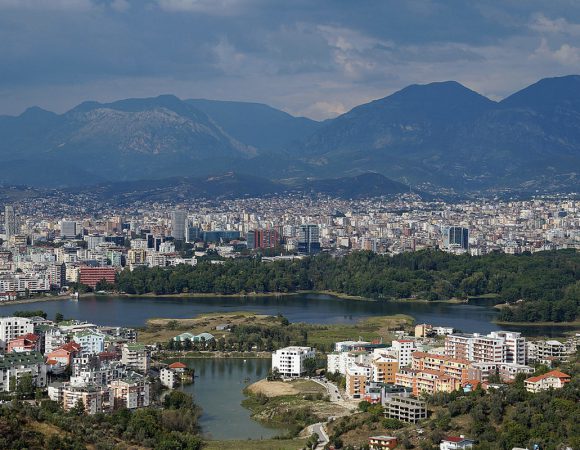
Germany
Germany, whose real name is the Federal Republic of Germany, is a large country with a surface area of 357 thousand square meters. It is the second most popular immigration destination in the world after the United States. The country, which ruled in Western Europe as many small kingdoms throughout its long and deep-rooted history, achieved its national unity in 1871 . Since each of these kingdoms were important art patron countries in their period, Germany made great contributions to the history of European culture and civilization, especially in the field of music and philosophy . The Turks are the most important ethnic component of Germany’s population after the Germans, due to the guest worker practice carried out during the 69s and 70s.
Capital, Cities and Regions of Germany
Germany, a country on which small and neighboring kingdoms have existed for many years , consists of 16 federal components . These federal states are Baden-Württemberg, Bavaria, Berlin, Brandenburg, Bremen, Hamburg, Hesse, Lower Saxony, Mecklenburg-Vorpommern, North Rhine-Westphalia! Rhineland-Palatinate, Saarland, Saxony, Saxony-Anhalt, Schlesswig-Holstein and Thuringia. Its capital and largest city is Berlin . Other important cities are Bremen, Cologne, Düsseldorf, Frankfurt, Hamburg, Hanover, Baden-Baden, Liepzig, Munich, Nuremberg and Stuttgard.
Where is Germany?
Spreading across Western and Central Europe, Germany ‘s northern neighbor is Denmark, and its eastern neighbors are Poland and the Czech Republic. To the southeast is Austria, to the southwest is Switzerland. To the west are France, Luxembourg and Belgium. To the northwest is the Netherlands. It has coastlines on the North Sea and the Baltic Sea.
When to go to Germany
The best time to visit Germany is during the spring and summer months when the temperatures start to rise. In Germany, which receives precipitation with an equal distribution throughout the year, there are northern regions where precipitation increases in summer. Spring and autumn are more suitable for these regions. The eastern regions are less rainy than the western and northern regions.
German Culture
Germany ‘s multicultural structure paved the way for the formation of a tolerant society. As a perfectionist society, Germans place great emphasis on order, privacy and punctuality . Handshake culture is important to Germans . They consider it rude to have the other hand in the pocket when shaking hands and to put the hands in the pocket when talking to someone. Getting somewhere on time is important for the social label. In Germany, which attaches great importance to environmental protection , they may warn you if you do not throw your garbage in the recycling bins on the street.
German Cuisine
German cuisine has continued its development for centuries under the influence of social and political changes from region to region. Therefore, it shows regional variation . In addition, the ingredients used in the country’s cuisine vary according to the provinces. However, German cuisine is not without its features that can be attributed to the whole nation .
Souvenirs to Buy from Germany
Germany is full of countless types of gifts you can bring to your loved ones . Of course, the most famous gift is pork and beef delicatessen products. You can also make beautiful gift baskets for your loved ones from countless varieties of German beers .
Germany’s Festivals
Throughout Germany there are more than 10,000 festivals celebrating music, film, art and religious days . In addition to the festivals, numerous fairs called Messe , most of which are the leaders of the sector, are held every year, especially in Frankfurt, the city of fairs in Germany. The Frankfurt Book Fair , held in October, is the most important event in which Turkey is a participant. Muzikmesse, which was organized in April and where music technologies were introduced , hosts thousands of people every year. The most important fairs outside of Frankfurt are Hannover Messe and the industrial automation world , held in September. It is the Leipzig Book Fair held in March .
The most important festival celebrated across Germany is the Berlin Film Festival , which the Germans call Berlinale . It has been held in February every year since 1978 .
Holidays / Holidays / Important Days in Germany
· New Year (1 January),
Easter Monday (March 28),
Labor Day (May 1)
Ascension Day (May 5)
· Whit Monday (May 16),
· National Unity Day (October 3)
Christmas (25 December)
· Boxing Day (26 December)
Climate and Weather in Germany
Most parts of Germany have a humid climate . The open view to the humid westerly winds softened the climate. Germany, which is located between Central Europe subject to continental climate and western Europe subject to oceanic climate , partially receives the Gulf Stream, which also softens the climate of England. The winters of Germany , which does not have a dry season, are humid, albeit cold, and the summers are warm. At times, temperatures can exceed 30 degrees. Continental climate features are more dominant in the east.
A Brief History of Germany
From the 10th century onwards , the German lands, which were an important component of the Holy Roman Empire , were ruled as independent kingdoms . In the 16th century, the northern kingdoms became the center of the Reformation, the process of denomination of the Christian church .
Germany’s Economy
Germany is an important economic power and is the world’s fourth largest economy in terms of gross domestic product per capita . A global leader in many industrial and high-tech industries , Germany is the world’s third-largest importer and exporter.
Languages Spoken in Germany
The official language of Germany is German . But every region in the country has its own dialect. Almost all of the young population in Germany can speak English as their mother tongue . Among the elderly population, the proportion of those who speak Russian is higher. In addition, Spanish and French are spoken as foreign languages in the country.






